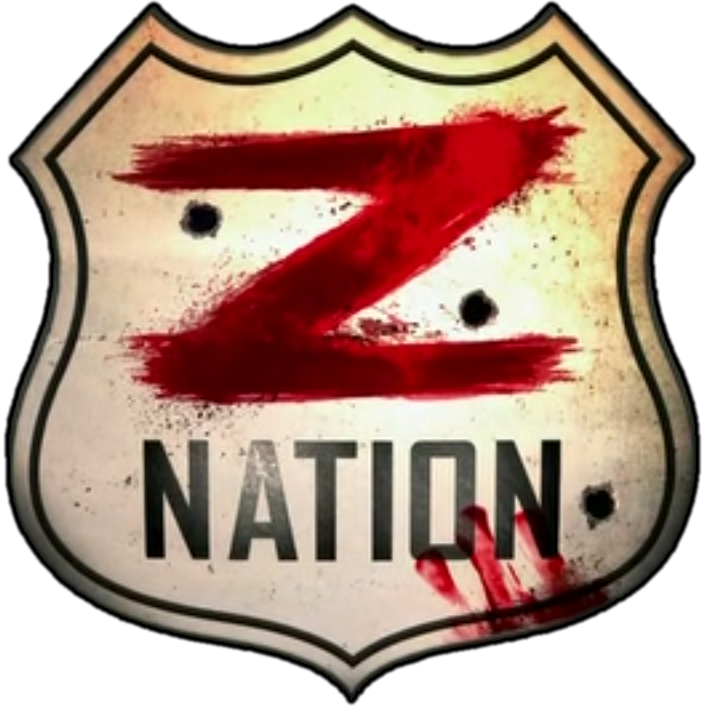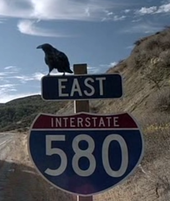 Finished watching Sons of Anarchy last night. I wasn’t as involved with the seventh season as with all the others; while I appreciate the character arcs and have a seriously deep respect for the construction of the story, Jax had become an asshole protagonist and I am so very tired of asshole protagonists.[1] It was nonetheless an incredible work, and I am very glad I saw it; I think it is something I’d like to rewatch if I had time (yes, in its entirety), probably with directory commentary.
Finished watching Sons of Anarchy last night. I wasn’t as involved with the seventh season as with all the others; while I appreciate the character arcs and have a seriously deep respect for the construction of the story, Jax had become an asshole protagonist and I am so very tired of asshole protagonists.[1] It was nonetheless an incredible work, and I am very glad I saw it; I think it is something I’d like to rewatch if I had time (yes, in its entirety), probably with directory commentary.
But oh, that finale song. (Apparently it’s exclusively streaming through Soundcloud on Rolling Stone until the album comes out, although I’m sure that if Soundcloud is a problem for some reason, *mumble* YouTube.) I have listened to it five times this morning, and am starting the sixth. I am frustrated that I won’t be able to get a copy until February, and every time it gets to the chorus the frustration just melts, because that song hooks me in a way the last season didn’t.
I’ve been thinking about a couple of other, rather less serious series lately–Arrow and The Flash. Partly this is inevitable; I mean, the former features another handsome blond born-to-be-king protagonist whose… whose father was murdered by his mother and her lover… uhm. Wow. Okay, I was just going with the “generic blond hero, comes in a white can” thing before I moved on. There’s more overlap there than I thought.
Anyway, as I was saying: Ollie Queen, protagonist of Arrow, is grimly not getting over all his dead family members. He yells this at Barry Allen[2], protagonist of The Flash, resulting in the following jewel of an exchange:
Barry: My mother was murdered right in front of me, too. But I don’t use my personal tragedies to just torture whoever pisses me off.
Oliver: Well I’m sorry, Barry, but I’m not as emotionally healthy as you are.
Things that are pretty clear, even if not addressed in this exchange: Yes, Ollie, but you’re not trying.
Anyway! After contemplating blond guys with dead families who could frankly stand to stop tantrumming, and how many shows have nominal protagonists who are frankly just there so other people can put up with their bullshit, I moved on to thinking about the shows which actually make me happy. Not just shows that are fun to watch, but shows… hmh. Shows that induce some element of joy?
It’s funny to think of that word in association with TV, I know. But I can’t think of a better one.
But yes, those shows: there’s The Flash, and there’s Leverage. I would need to rewatch Middle Man to figure out if it ever quite hit that point; I don’t think it did, but right now my head is full of music that does not mesh with the show and I haven’t had coffee yet, so I’m not sure. Doctor Who has done it sometimes, but not lately.
Most of these shows… well, they’re not realistic dramas. They range from slightly implausible (Jon Rogers has called Leverage “competence porn”, and openly had Lester Dent’s pulp writing instructions pinned in the staff room) to pure spec. But that’s not it. I think it’s that they’re about heroes, and a very specific type of heroes. Some are superheroes. Some are just… well, they’re only John McClane levels of hero[3], but they’re still in the same stretch. Pulpy? Idealistic (not the characters, but the world or the narrative)? Clean, in the we-are-having-none-of-your-90s-gritty-reboot sense?
There’s something to them, I think. If I can articulate it, I can figure out what it is that makes me happy, and then I will better know how to go looking for it.
—
[1] Yes, he was suffering. Yes, he had reasons. Yes, he was misled. Yes, he was raised in an environment that did a lot to normalize violence and that left him suspicious of mental health professionals. Yes, it is totally plausible that he be in that place… and his actions due to being in that place while being a protagonist made him an asshole protagonist. This does not erase that he was a tragic hero, by the classical definition. It merely overlaps with it.
[2] I love you, Barry. A++, carry on.
[3] There was a complaint when Die Hard came out that John McClane was too super-hero-y, too comic-book-y. Just saying.


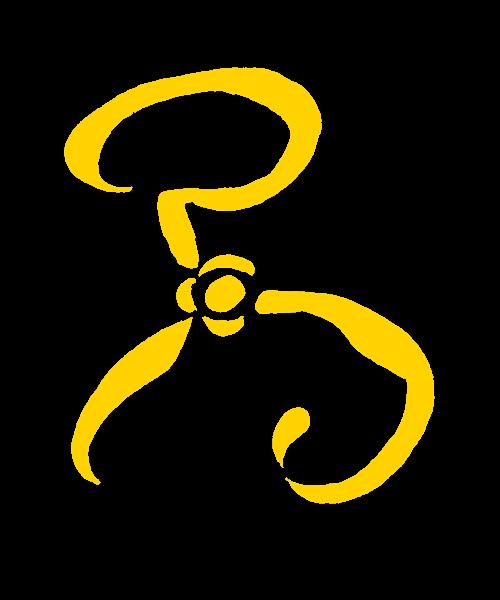
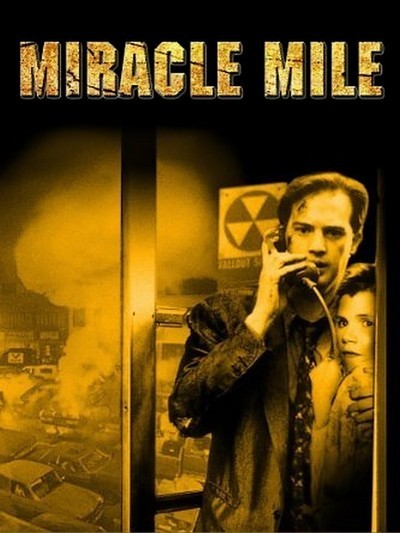 I rewatched Miracle Mile tonight; last night, actually, by the time this post is done. (Spoilers follow.)
I rewatched Miracle Mile tonight; last night, actually, by the time this post is done. (Spoilers follow.)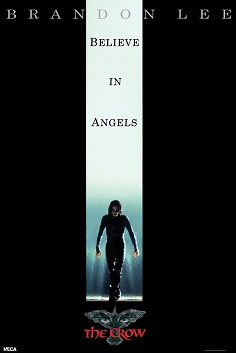 Last week (I meant to ramble about this earlier, but it’s been a somewhat hectic Thursday-evening-through-weekend), I was talking to
Last week (I meant to ramble about this earlier, but it’s been a somewhat hectic Thursday-evening-through-weekend), I was talking to 
 Finished watching Sons of Anarchy last night. I wasn’t as involved with the seventh season as with all the others; while I appreciate the character arcs and have a seriously deep respect for the construction of the story, Jax had become an asshole protagonist and I am so very tired of asshole protagonists.[1] It was nonetheless an incredible work, and I am very glad I saw it; I think it is something I’d like to rewatch if I had time (yes, in its entirety), probably with directory commentary.
Finished watching Sons of Anarchy last night. I wasn’t as involved with the seventh season as with all the others; while I appreciate the character arcs and have a seriously deep respect for the construction of the story, Jax had become an asshole protagonist and I am so very tired of asshole protagonists.[1] It was nonetheless an incredible work, and I am very glad I saw it; I think it is something I’d like to rewatch if I had time (yes, in its entirety), probably with directory commentary.